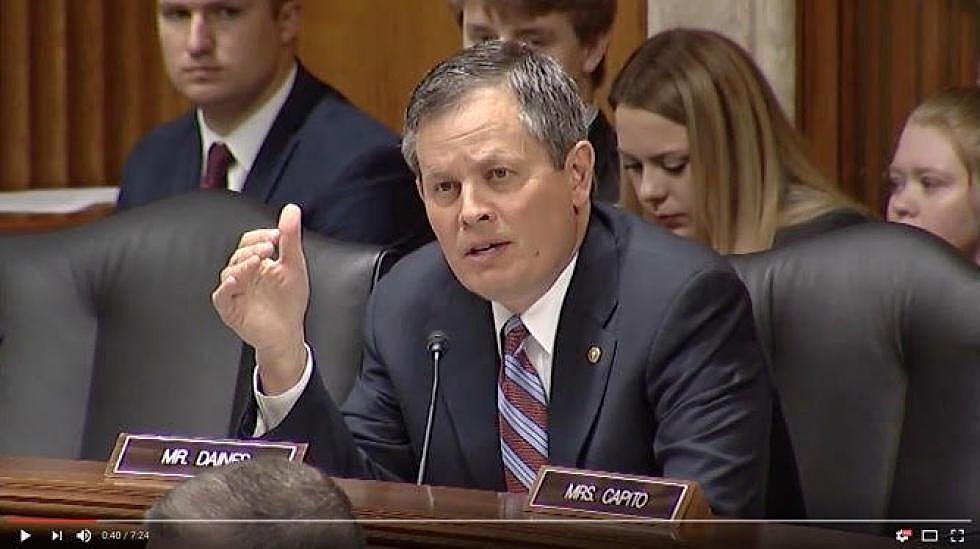
Daines, Tester seek to reverse ‘disastrous’ 9th Circuit ruling USFS review
U.S. Forest Service Chief Tom Tidwell on Wednesday endorsed legislation sponsored by Montana Sens. Steve Daines and Jon Tester reversing an appeals court decision that he said puts his agency in a “continuous loop” of review.
“The way this court decision came down is it creates a continuous procedural loop so we’re never done,” Tidwell told the Senate Appropriations Subcommittee on Interior, Environment and Related Agencies.
The Ninth Circuit Court ruling in Cottonwood Environmental Law Center vs. U.S. Forest Service involved habitat critical to the survival of lynx in Montana and the Forest Service’s failure to reopen its review after another government agency expanded the species’ critical habitat from 1,841 square miles to 39,000.
By not reinitiating its consultation with the U.S. Fish and Wildlife Service, the Forest Service violated the Endangered Species Act, the Ninth Circuit judges said.
In Washington, D.C., on Wednesday, Tidwell told senators that the Forest Service “would be glad” to reinitiate consultation with FWS on the habitat critical to the survival of lynx in Montana.
But the Cottonwood decision goes far beyond that singular requirement, the chief said.
“Any time there is new information, and there’s constantly new information – it can even be a master’s thesis, not even peer reviewed – that could create a need to reinitiate consultation," Tidwell said.
Yes, he said, the Forest Service wants to work with the FWS in the wake of its decision to greatly expand the habitat considered critical to lynx survival in Montana. “We need to provide lynx habitat, and we are very close with the Fish and Wildlife Service.”
“But I need to really stress, this goes way beyond lynx and way beyond the state of Montana,” Tidwell said. “Fifty-two percent of our national forest system land is in the Ninth Circuit. We need your help to be able to resolve this, so that we can do our job to take care of habitat, but at the same time do our work.”
The 10th Circuit issued the opposite decision on a similar case in its jurisdiction, but that ruling does not apply to forest lands that lie within the Ninth Circuit's purview, including Montana.
The bill sponsored by Daines, a Republican, and Tester, a Democrat, would statutorily reverse the Ninth Circuit decision, which Daines called “disastrous” during Wednesday’s hearing.
“According to the (previous) Obama administration, this decision has the ‘potential to cripple’ federal land management across Ninth Circuit states,” Daines testified. “Citing the Cottonwood decision, courts have already halted four forest health projects in Montana.”
The consultation required under the Cottonwood decision would not look at specific projects, but rather at the broad, underlying forest plans – no matter the age of that management plan.
Critics of the decision have pointed out, for example, that all work on national forests goes through project-level review. So the consultation demanded by Cottonwood is redundant, they say.
“We can’t get logs to the mills – it's a sad, sad state of affairs and it is because of these extreme environmental groups who are litigating many of our sales that we have right now in Montana,” Daines said Wednesday. “We aren’t taking care of the forest – then we see them burn. We can reduce the wildfire risk, as we know, by actively managing our forests.”
Tidwell thanked Montana’s senators for their bipartisan work on the Cottonwood decision, and Daines encouraged other members of the subcommittee to sign on as co-sponsors.
“We need to get this moved across the finish line in the U.S. Senate,” he said.
